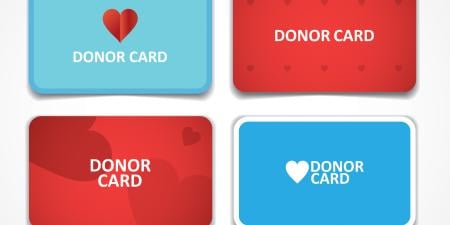Dr. Alan Heins, a resident physician in the University of Maryland Emergency Medicine Residency Program, is president of the House Staff Association of the University of Maryland Medical System. He was recognized as one of the 2002 AMA Foundation Leadership Awardees primarily for his role in founding the Community Action to Check Hypertension (CATCH) Health Fairs during his first year in medical school.
The CATCH program was created to deal with the disproportionate problems in health and hypertension in African Americans of inner-city Tampa. The CATCH Health Fairs, held each year as part of the American Medical Association's Medical Students' Section activities at the University of South Florida medical school, offer information on hypertension and regular screening for underserved populations in the Tampa area. Dr. Heins has also served on the Academic Affairs Committee of the American College of Emergency Physicians for the past 2 years.
Dr. Heins did not enter medicine in the traditional way. He had always dreamed of becoming a doctor, but, by the time he got to college, his commitment and motivation to enter medical school flagged. He dropped out of school and took a job, working for some time as manager of restaurant that was open 24 hours a day. Many years later, this experience at an all-night restaurant would contribute to his interest in the issue of residency work hours.
"I had to schedule people to work 24 hours a day, but no one ever had to work a 30-hour shift," Dr. Heins explains. "It baffles me why the medical community thinks that is a good idea."
At 33, Dr. Heins decided to return to school, at first working days and taking classes in the evenings. Eventually he was able to flip this schedule, attending classes during the day and working in the evenings. Dr. Heins suggests that going to medical school a little later in life, rather than right out of college, can offer a better perspective.
"I had learned some good organizational and time management skills. In addition, I seemed to be able to identify what was important in the mass of material presented in medical school," he says. "This last was essential because if you can't decide what is important to know, you attempt to learn it all, which I would venture to say is an impossible task."
Dr. Heins suggests that all medical students should make it a point to decide each day what is important in their lives and take action on those decisions.
Read Dr. Heins' thoughts on residency work hours in Through the Physician's Eyes in this issue.



